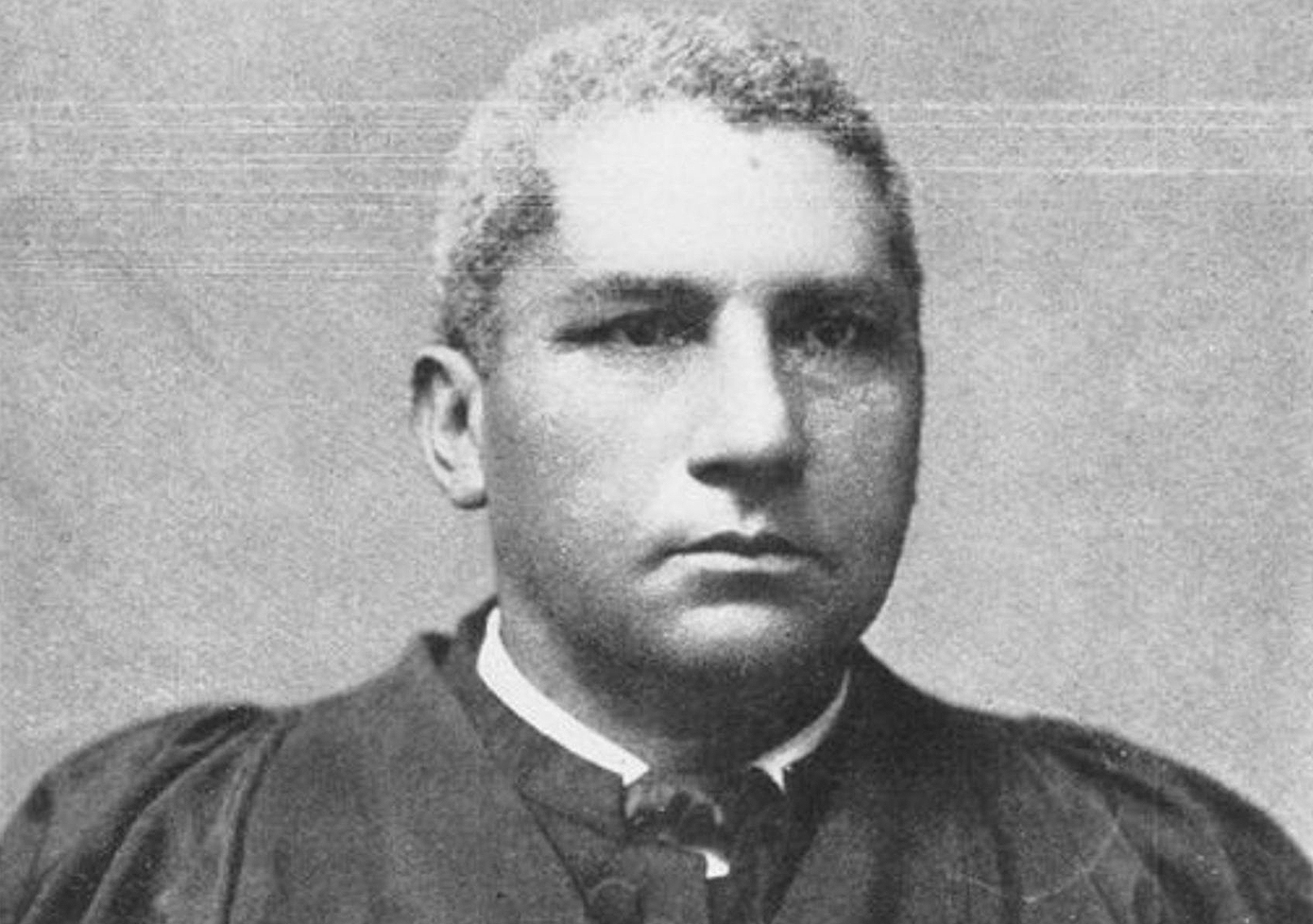Henry McNeal Turner, a black preacher, politician, and human rights advocate holds a major place in African American history for his tireless effort to see that blacks become free, return to their countries, and promote civilization in Africa. Turner was born in 1834 in Newberry, South Carolina. His parents were Sarah Greer and Hardy Turner both of African-European descent. At this time, the South Carolina law denied Africans formal education. Turner became mostly self-educated until he secured a job at the age of 15 in a law firm in Abbeville where the lawyers taught him to read and write.
Turner’s decision to be a preacher took place after he attended a Methodist revival meeting and was converted. At age 19, the Methodist church South gave him a preacher’s license which marked the beginning of his ministry. He traveled around the south evangelizing and preaching for years. In 1856, he married Eliza Peacher and they both had 14 children, of which only 4 made it through adulthood. He relocated to Saint Louis Missouri with his family where he pastored the African Methodist Episcopal (AME) Church in St. Louis. He also pastored in Maryland, Baltimore, and Washington, DC, where he became acquainted with some notable Republicans in 1860. While Turner was still in Baltimore, the Civil War broke out and he helped recruit the initial regiment of black troops. This led to his commissioning as the first black chaplain of the United States Army in African-American history. Turner served there as a chaplain for two years preaching to the men, organizing worship and prayer meetings, visiting those who fell sick or sustained injuries during the war, and also burying the dead.
I am a member of this body. Therefore, sir, I shall
Henry McNeal Turner
neither fawn nor cringe before any party nor stoop
to beg I am here to demand my rights, and to hurl thunderbolts
at the men who would dare to crossthe threshold of my manhood.
After the Civil War, Turner switched his interest to politics and became a politician in the Reconstruction era. He joined the Republican Party and was one of those who founded the Republican Party of Georgia. In 1868, he got into the Georgia Legislature after he contested for the position and won although the Democratic Party prevented Turner and other black legislators from assuming their positions in the first instance. Afterwards, Turner left Politics and relocated to Savannah, Georgia where he Pastored the St. Phillips Methodist Church and later became a Bishop in the AME Church some years later.
In the 1870s, Turner witnessed an increase in racial violence and suppression of the civil rights of black citizens in the US. This made him propose the “Back to Africa movement”. He pioneered two newspaper publications, The Voice of Missions and The Voice of the People to support the migration to Africa. He also organized two ships to transport over 500 black citizens to Africa because he saw it as a way to make the blacks lead a free and independent life.
My humanity is bound up in yours, for we can only be human together
Henry McNeal Turner
When the immigrants got to Africa, they were dissatisfied with its economic state and the presence of endemic diseases. They were unable to stay for long and some of them returned to the US. Although the people did not appreciate Turner’s migration effort, he independently traveled to West and South Africa to evangelize and promote the AME church movement. Through his missionary visits to Africa, he was able to get students from South Africa to attend Wilberforce University Ohio. He died in 1915 during his church visit to Ontario and was buried in South View Cemetery, in Atlanta.
